Launching a private label electric toothbrush is exciting — but for a brand, quality assurance is everything. Buyers expect reliable cleaning performance, safe batteries, robust waterproofing, and a pleasant user experience. Below I walk through how a professional toothbrush OEM factory guarantees quality for electric toothbrush projects, step by step, and highlight six core measures every brand should expect.
Each of the six points above is expanded below with practical examples relevant to electric toothbrushes.
First and foremost, a trustworthy toothbrush OEM factory treats incoming materials as the first line of defense. For an electric toothbrush that means:
Clear acceptance criteria and supplier scorecards reduce variability before parts ever reach the line.
A toothbrush OEM factory ensures the product design is manufacturable and reliable before mass runs:
This stage prevents costly rework later and gives brands confidence that a private label toothbrush will perform as promised.
Manufacturing an electric toothbrush combines plastic injection molding, motor assembly, PCB assembly, battery handling and sealing. Quality is controlled via:
These controls turn design intent into consistent, repeatable products.
Testing is where an OEM proves a private label toothbrush meets everyday use and safety expectations:
A good OEM provides lab test reports and organizes sample runs that demonstrate passing results before full production.
A professional toothbrush OEM factory helps brands navigate regional requirements:
For private label toothbrushes sold internationally, this regulatory diligence prevents border holds and liability risks.
Quality assurance doesn’t stop when goods ship:
This closed-loop approach reduces repeat failures and builds brand trust for your private label toothbrush.
When evaluating partners for a private label electric toothbrush, ask for the following documentation and proof:
If an OEM hesitates or cannot produce these items, it’s a sign to proceed carefully.
Bringing a private label toothbrush — especially an electric toothbrush — to market demands rigorous, documented quality practices across design, supply chain, manufacturing and post-sales support. A professional toothbrush OEM factory transforms product specifications into reproducible, safe, and appealing devices by combining supplier control, validated processes, comprehensive testing, regulatory know-how, and traceability.
If your brand is preparing to launch a private label toothbrush, treat these six pillars as non-negotiable: they protect your customers and your reputation. If you’d like, I can convert this into a checklist PDF or a one-page “what to ask an OEM” handout suitable for procurement — tell me which format you prefer and I’ll produce it. Contact us
.jpg)
.jpg)
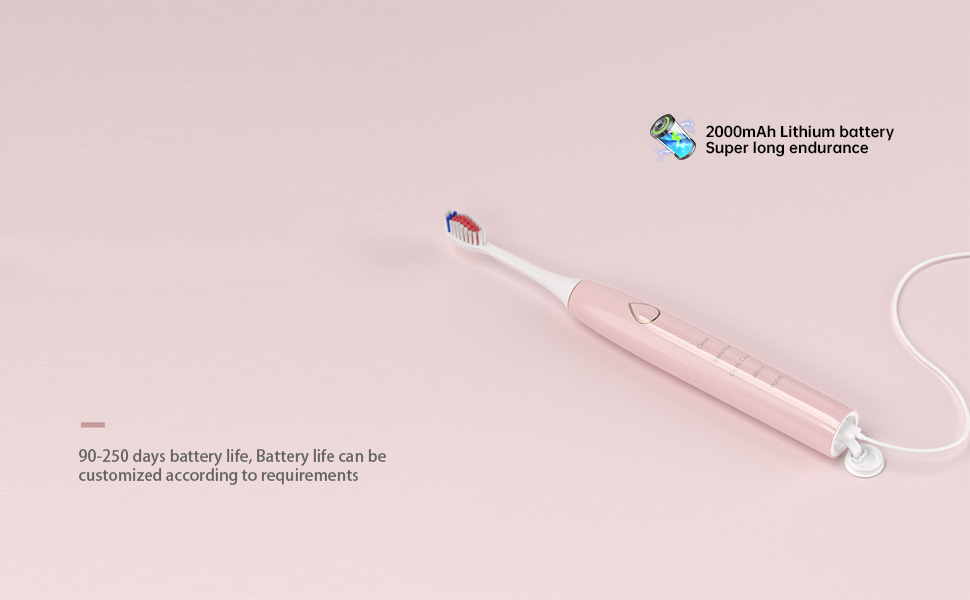
Electric Toothbrush Precision Mold Shell: How to Achieve Durability and Beautiful Design?
Pressure Sensor Failure with Taste Distortion – Related?
.jpg)
Can a Water flosser cure Gum sensitivity?
Does Your Water Flosser Lack Durable Anodizing and Steel Certification?
Travel Toothbrush: Stress Relief & Warpage Control Technology for Smoother Brushing
Travel Electric Toothbrush | Portable Oral Care
Does Motor Corrosion Cause App Connectivity Failures?
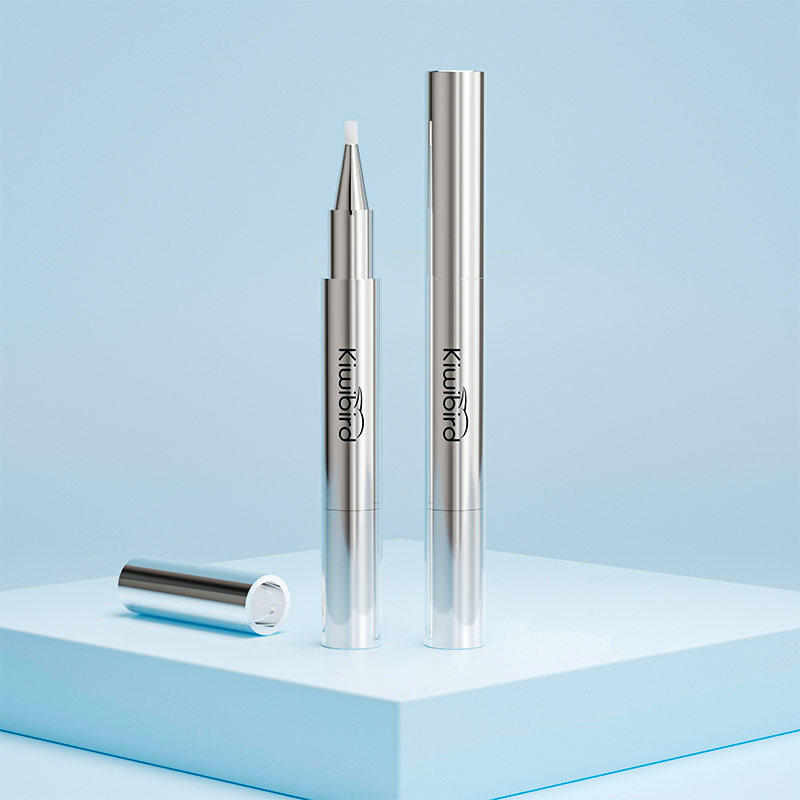
Do Multi-Color Toothbrushes in a Bundle Savings Deal Prevent Sibling Fights?
Electric Toothbrush with Extra Battery Life for RV Travelers
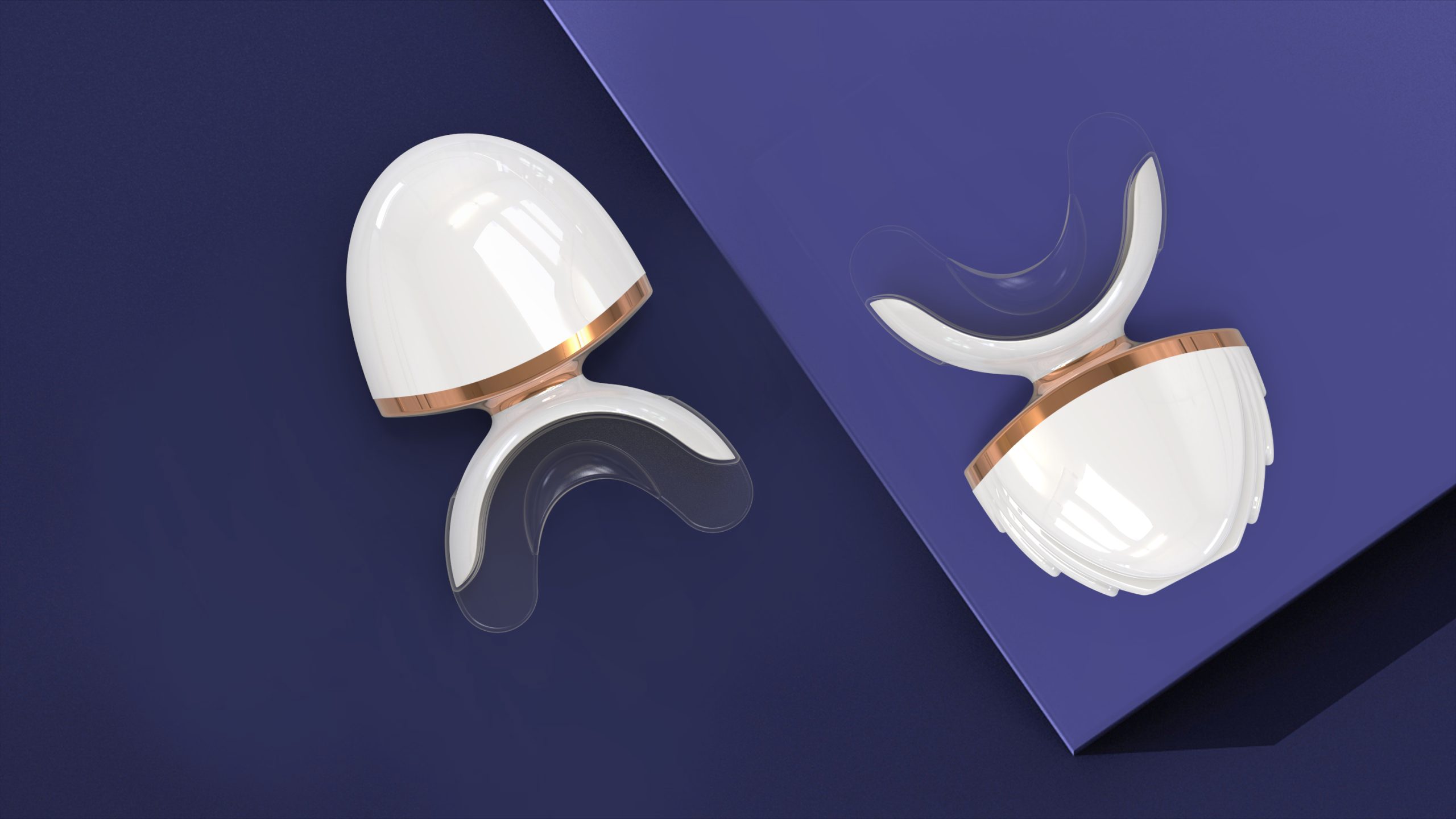
LED Teeth Whitening Device Precision Mold Shell: How to Balance Beauty and Durability?
Texas Themed Gift Electric Toothbrush
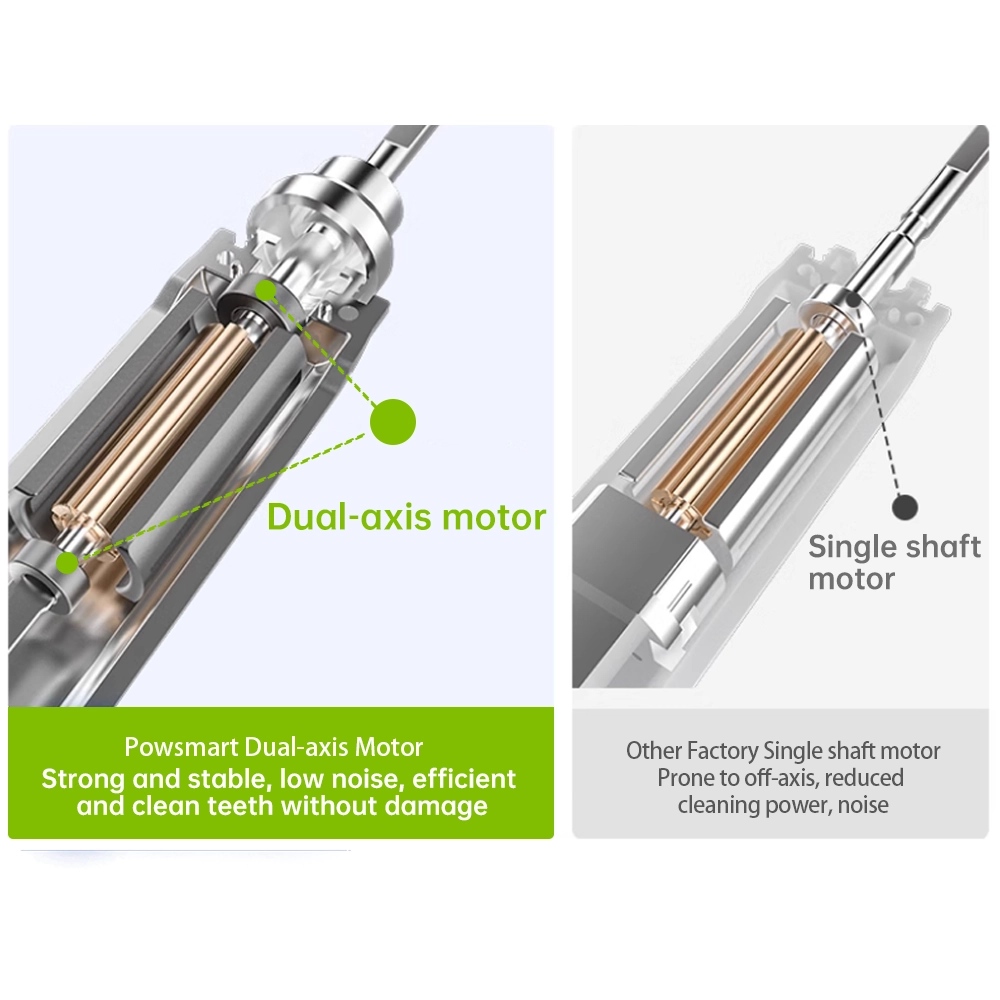
The Science Behind Sonic Toothbrush Motors
Crown Compatibility with Pressure Sensors Tech?

The Oral Beauty Revolution of Teeth Whitening Devices: From “Medical Equipment” to “Cosmetic Bag Item”
How to Use Electric Toothbrush First Time Guide Hindi
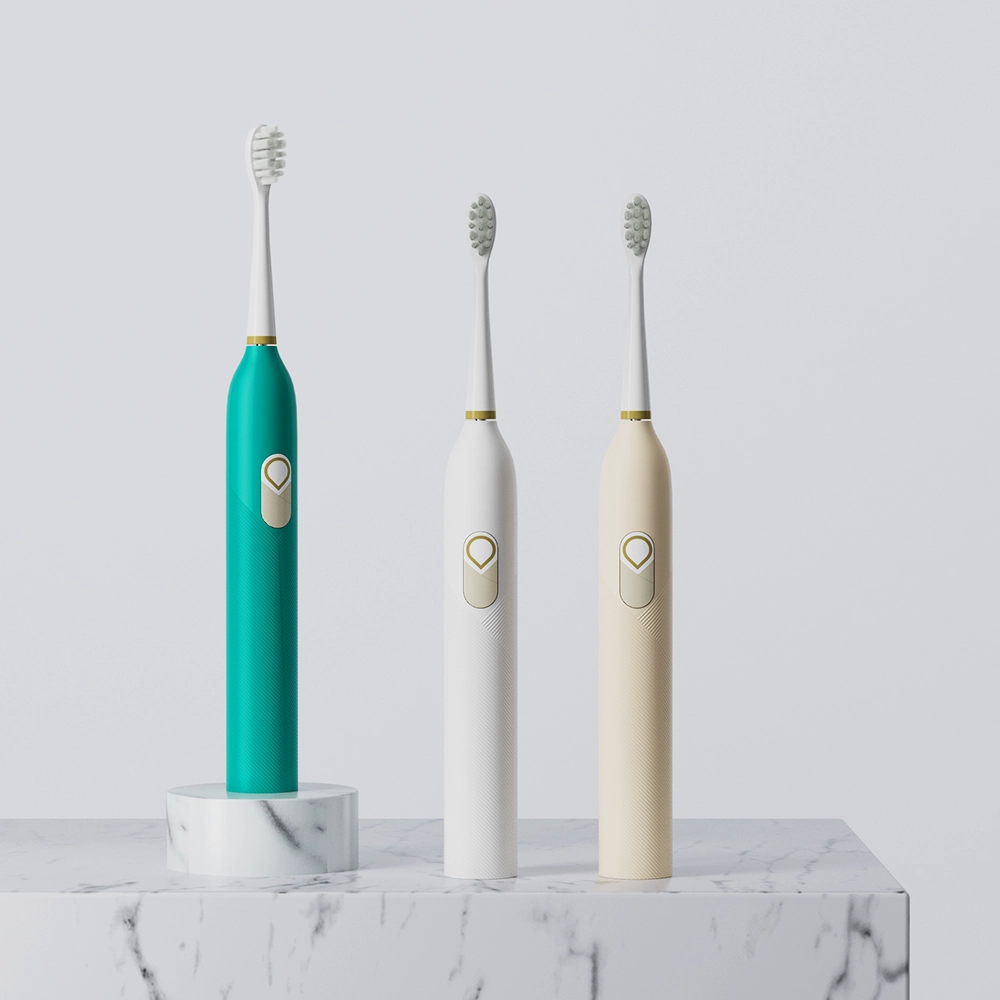
Benefits of Travel-Sized Oral Care Products
.jpg)
Florida Electric Toothbrush – Powsmart PTR-C8
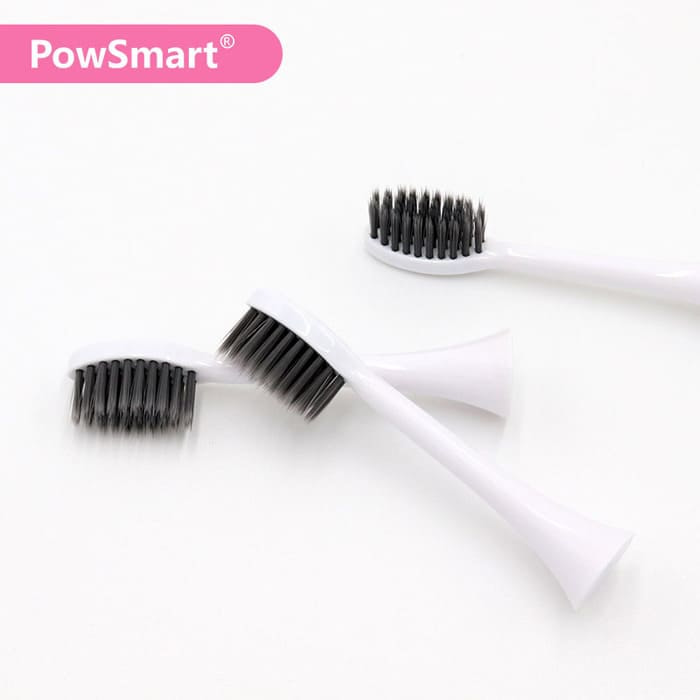
electric toothbrush heads Charcoal Infuse-Round
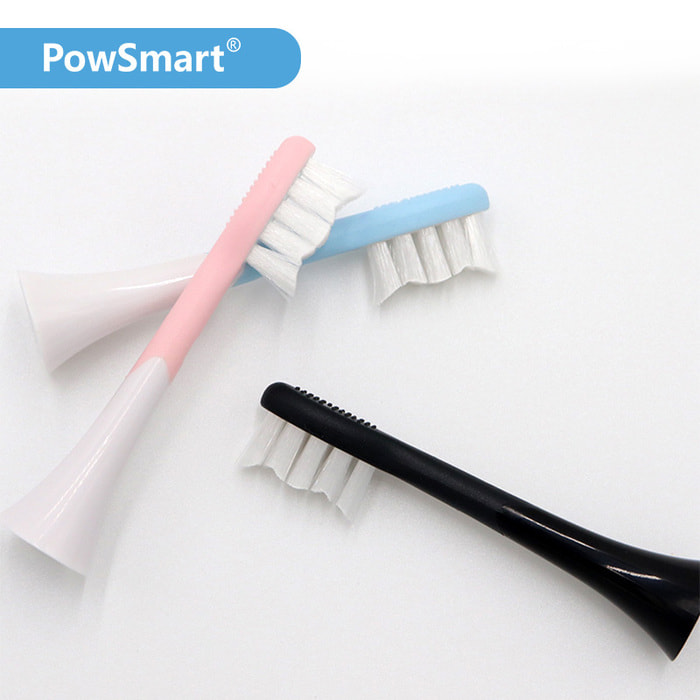
electric toothbrush heads Ultra Soft
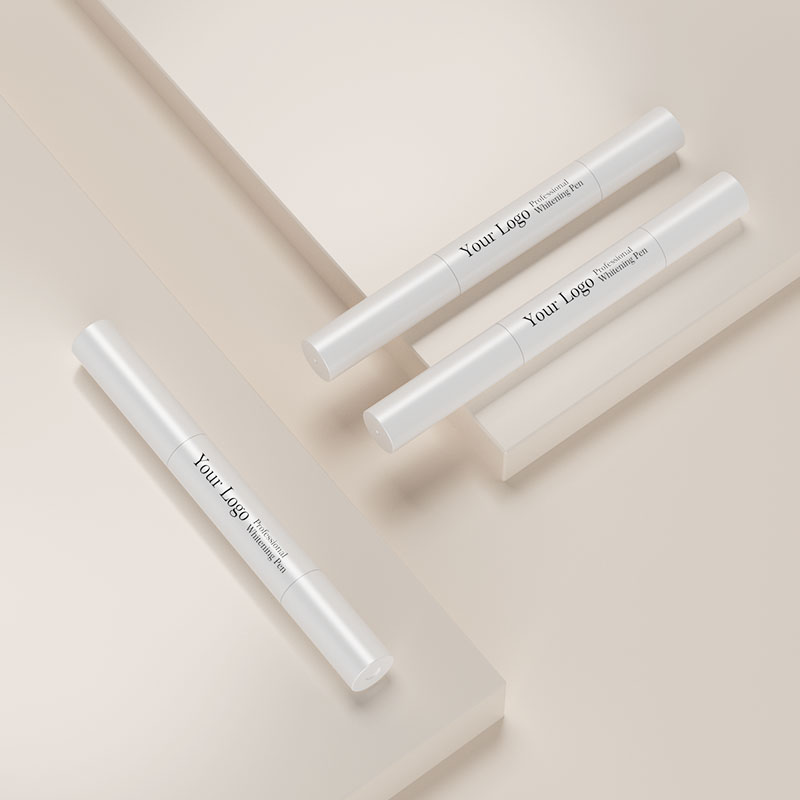
Customization Teeth Whitening Gel
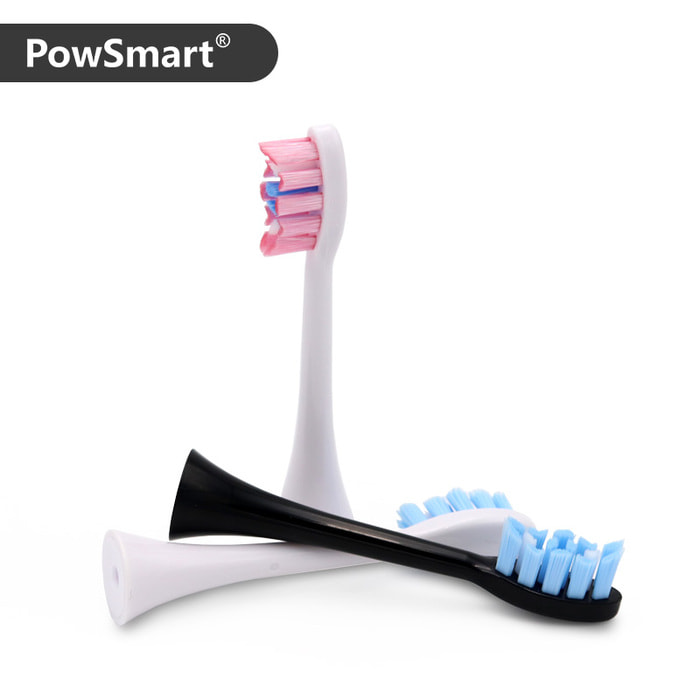
electric toothbrush heads Deep Clean
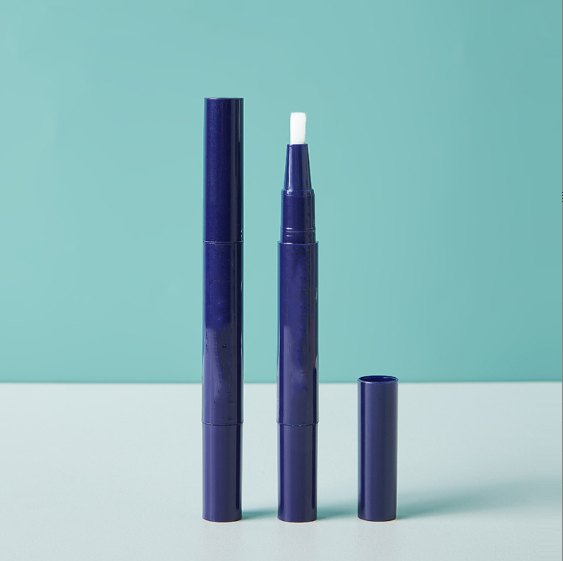
Private Label Whitening Gel
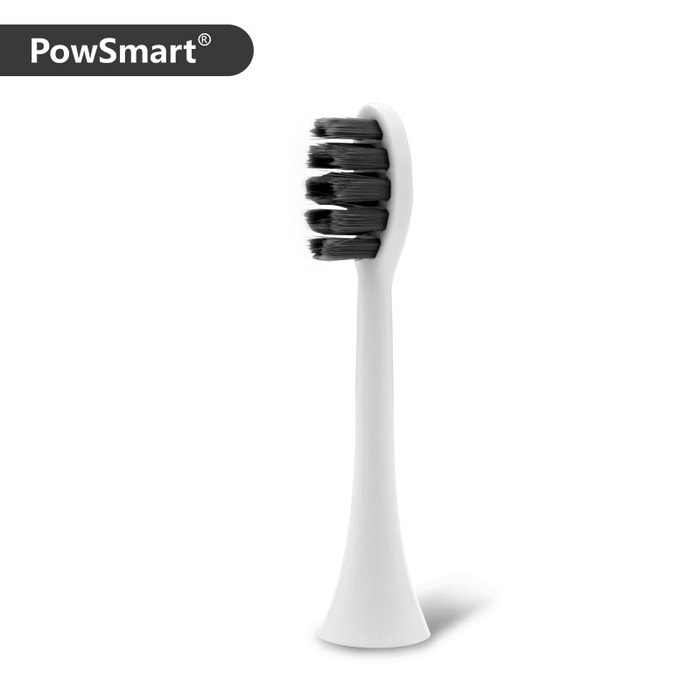
Electric toothbrush heads Charcoal Infused-Diamond
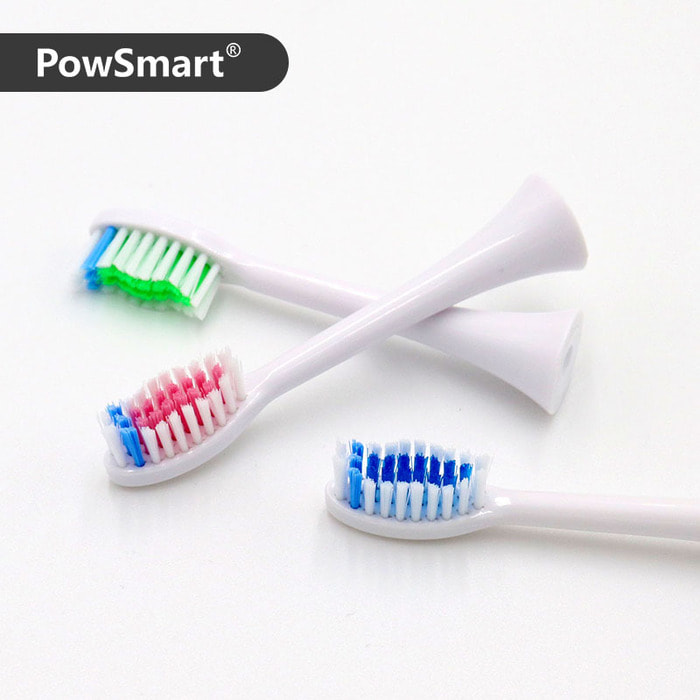
electric toothbrush heads Regular Clean
whstapp
whstapp
National Toll-Free Service Hotline
+86 755 86238638